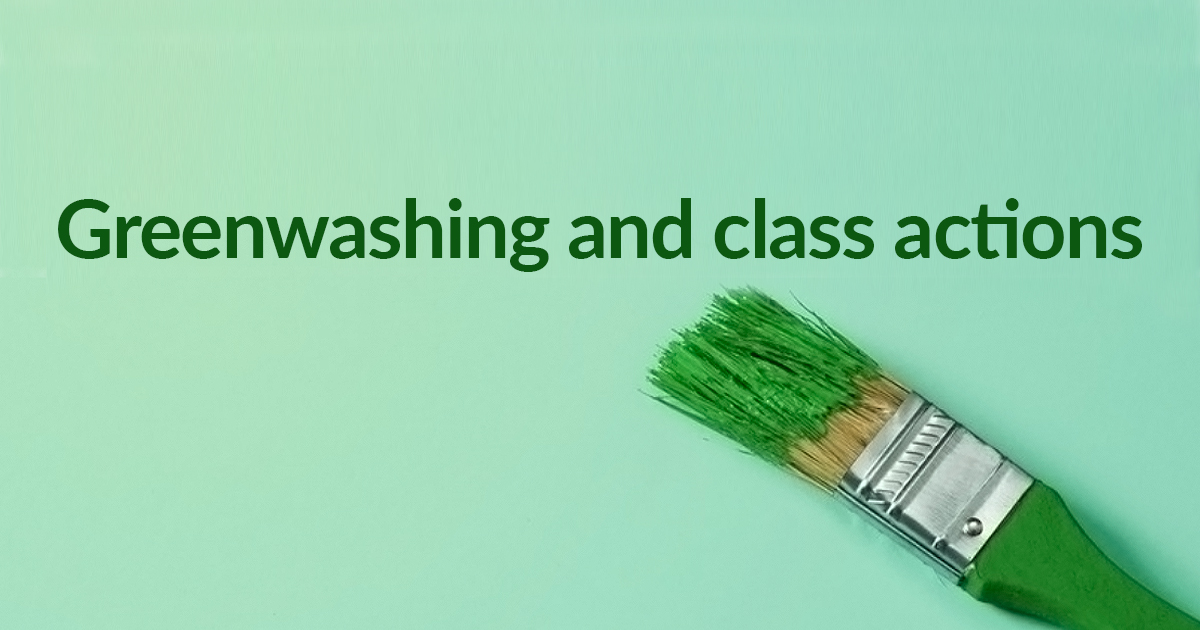This month’s issue of Company Director has a great article on the risks of greenwashing. Legal cases are on the rise. Uncertainty exits over changes to Australian laws on how class actions are funded and advertisers need to exert extreme caution.
Oil and gas giant, Santos, are just one of many companies being challenged over the accuracy of claims on their net-zero emissions target.
Choice CEO Alan Kirkland has expressed his concern specifically over eco-labelling with more than 50 voluntary schemes in play in Australia. Some of the schemes it is felt may be already engaging in misleading and deceptive claims to consumers.
Banned Ads
In January ‘Lipton Iced Tea’ had an outdoor poster banned that the Advertising Standards Authority felt was misleading customers about the recyclability of its bottles. The headline was ‘Deliciously refreshing, 100% recycled”.* In the small text at the bottom of the ad the cap and label were excluded. The ad was found to be misleading and the disclaimer too small in that it could be overlooked by consumers.
In June last year the Advertising Standards Authority issued Hyundai Motor UK a warning for a misleading advert which described its hydrogen powered Nexo vehicle as “a car so beautifully clean, it purifies the air as it goes”.
With a growing trend to activism, exclusions and claims need to be carefully considered as the sensitivity to what is ‘misleading’ is open to interpretation.
A 2021 Choice survey revealed 57% of consumers said it was important to them that the products they purchase are environmentally friendly. Yet only two out of five people considered it was easy to make environmental choices. Unclear or confusing labelling was listed as one of the main reasons for the difficulty.
This content was originally published here.
